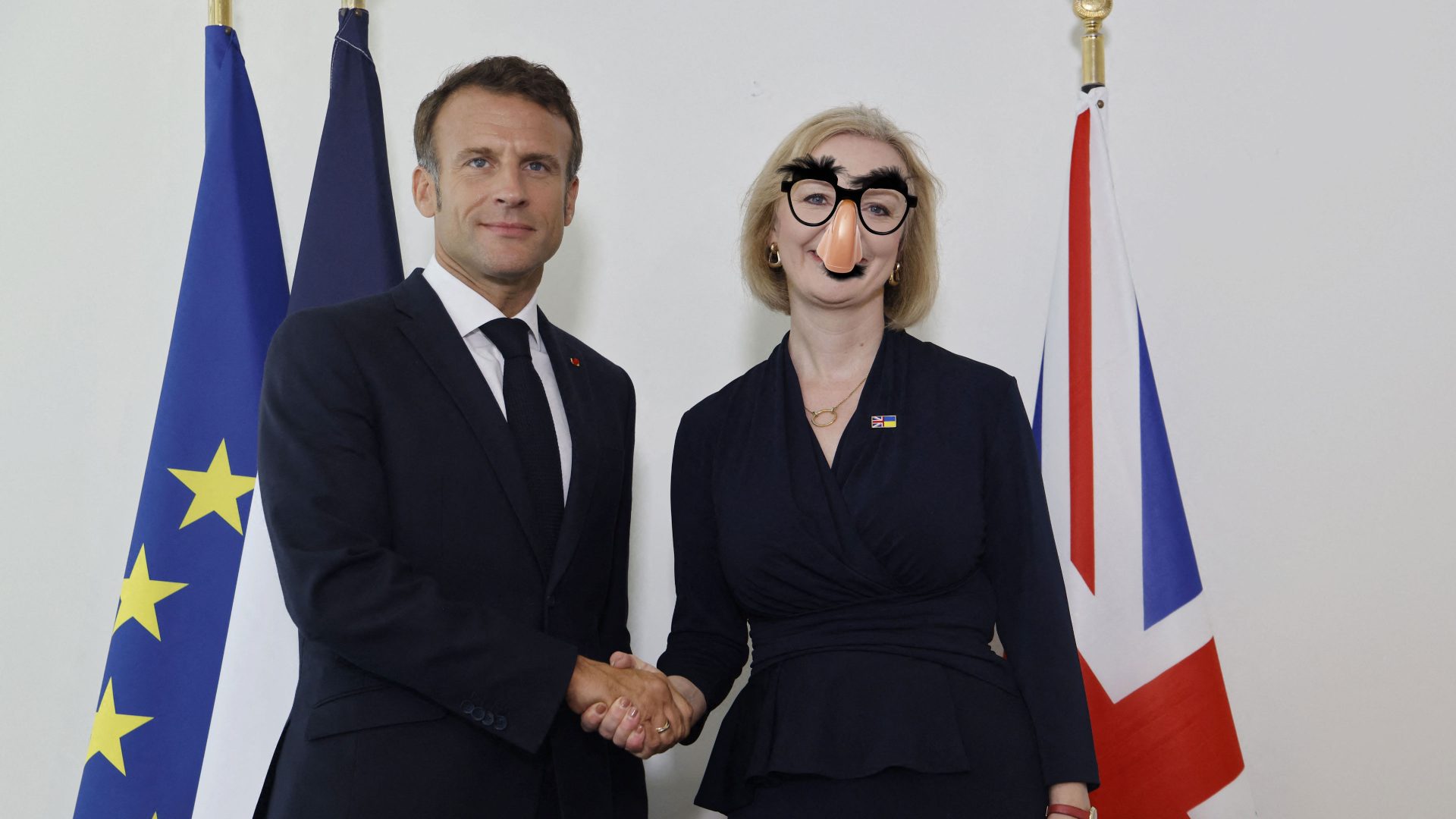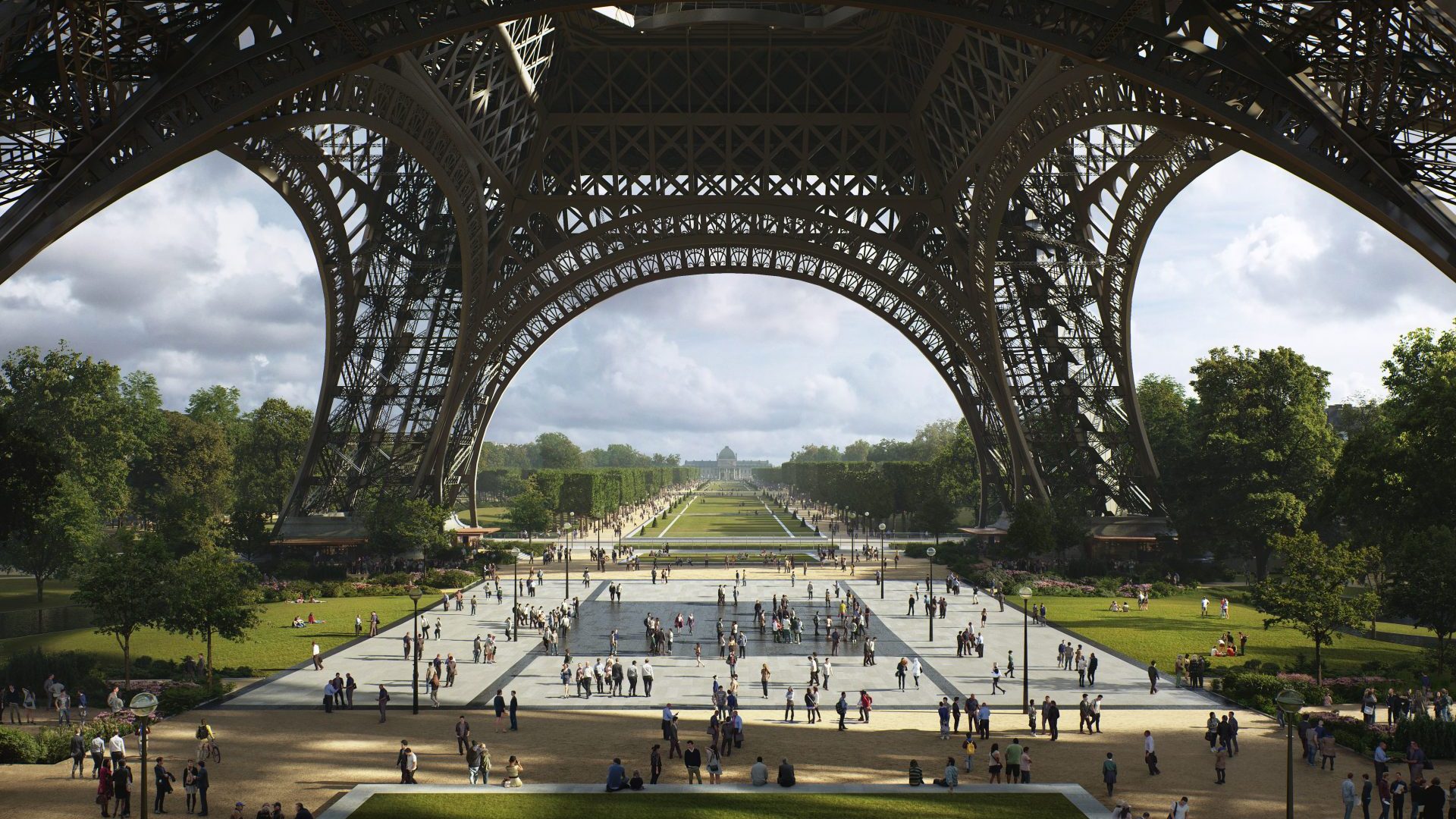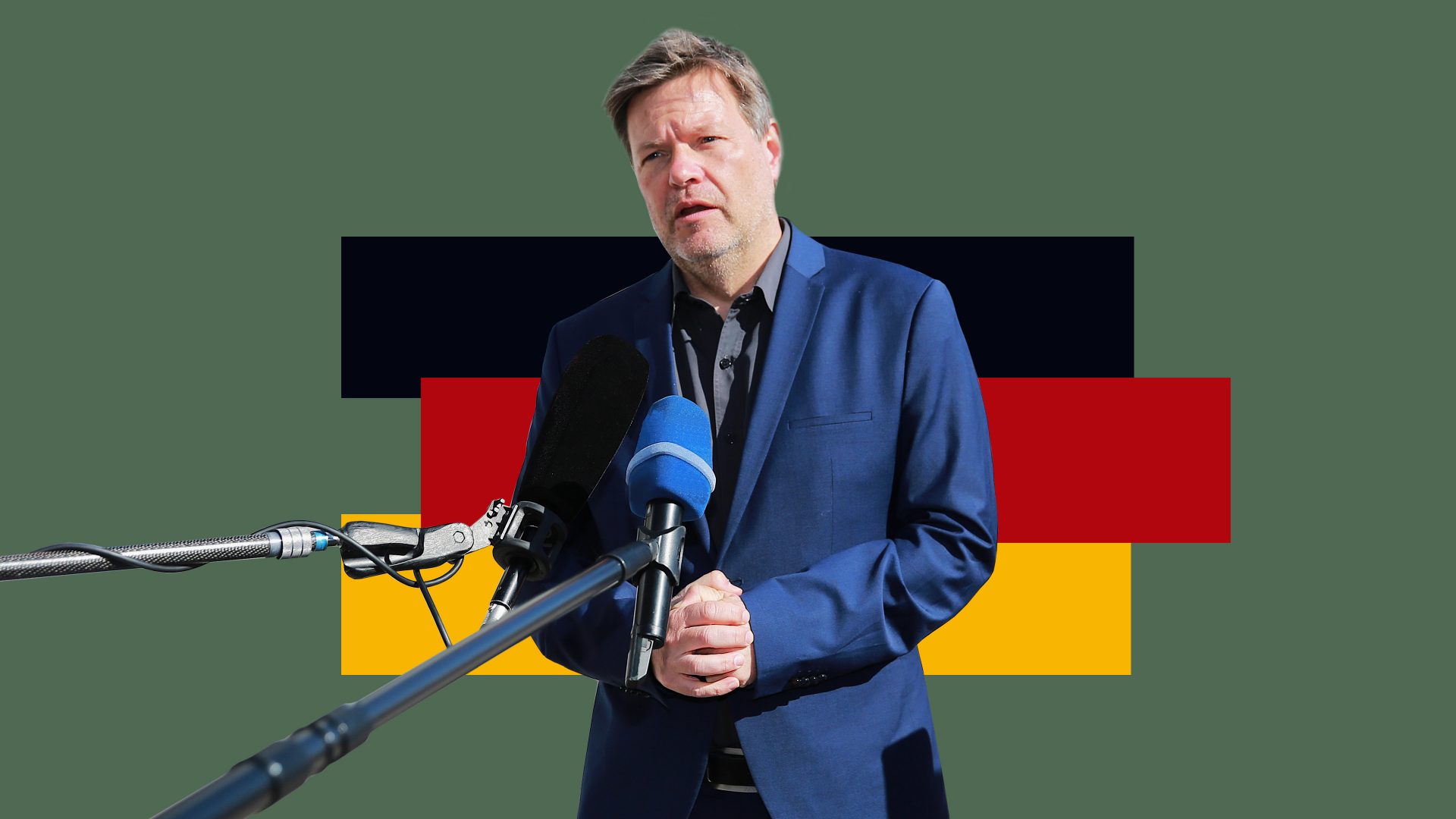There’s big news from Liz Truss’s premiership this week – and it’s thankfully not about the economy. The UK is considering whether to join a European union. Not the European Union, obviously, but a new pan-European political forum proposed by the French president (and possible foe of the UK, per Truss), Emmanuel Macron.
The idea isn’t some nebulous one for the distant future – political leaders are gathering for a summit to discuss the proposal in Prague early next month, October 6-7. Macron’s proposal is to create a “new space” to discuss cooperation across a wide range of political issues with countries both from within the EU as well as those outside it.
Macron’s proposed forum would be a place to discuss subjects ranging from cooperation on energy, transport, handling immigration, borders and even security – with other subjects remaining on the table. On the surface, this seems confusing: the EU meets regularly to discuss cooperation on all of these topics, and to pass new rules and even treaties on them. What would be the purpose of duplicating these functions?
In essence, it’s to allow these issues to be discussed in a lower-stakes forum, so that countries could come to agreements – in a similar way as they do at the G20 or G7. Countries could agree binding or non-binding agreements, have discussions, and cooperate outside of EU mechanisms.
The grouping was initially proposed as something of an alliance of European democracies – but the invite list poses some head-scratching on that front. The UK had been invited from the get-go, and had initially said it wasn’t interested, before a spokesperson for Truss indicated she was considering it.
But the invitations aren’t only extended to EU members, former EU members, and European Free Trade Association (Efta) nations. Iceland, Georgia, Armenia and Moldova are expected to attend the summit, with invitations also being considered for Turkey and Azerbaijan – neither candidates for imminent EU membership, and in both cases, struggling to qualify as full “democracies”. Macron’s proposed European forum could become a broad church indeed. But might it become a viable channel for cooperation across the continent?
Macron’s intent with this proposal seems to be both a sensible and a decent one – there are several countries on the European continent that either don’t want to join the EU or will not be serious candidates to join it for at least a decade or more.
Given the importance of international cooperation between neighbours on a wide range of issues – something only highlighted by the energy and security crisis prompted by Russia’s invasion of Ukraine – there is a need for at least a discussion forum between European nations beyond the EU. So a bid to create that feels like a step to the good, just as UK willingness to consider joining it is a rare sign of wiser heads prevailing in government.
The problem is that this body cannot override or ignore the existence of the European Union and its 27 members. The EU will always be collectively much larger, more politically powerful, and more economically powerful than even every other member of Macron’s union combined.
On numerous issues, those 27 members will also be forbidden by treaty from acting in any way but in concert with one another. Given that bodies like the G7, G8 and G20 operate by consensus, this doesn’t necessarily throw in a new impediment – everyone would have to sign up to anything other than a token communiqué already, so a requirement of EU unanimity adds little.
But theory is different to practice. The existence of the EU bloc means that a wider forum could easily be derailed by the EU in one of two ways. The first is that it becomes somewhere in which EU policies or deals are presented to a wider group to see who wants to sign up to their terms, with no real scope for negotiation. This kind of take-it-or-leave it forum might be better than nowhere at all to talk, but not by much.
The other possibility is that the forum becomes a place for EU countries to continue their disputes via other channels – trying to get their way on pending EU-wide negotiations by raising proposals via Macron’s forum, airing disputes to a wider audience and trying to gain advantage.
This is a little bit like getting caught in someone else’s family argument, in that it rarely ends well for anyone who lets themselves get dragged in. Even if the debate is a constructive one, non-EU countries could find themselves getting pulled into negotiation and finding a settlement that is starting to fall into shape for the wider group, only to find the EU nations agreeing something via EU mechanisms and then returning to the take-it-or-leave-it scenario.
Groucho Marx famously said he would never join any club that would have him as a member. He may well have had a point – the criteria for being included in the early stages of discussions about Macron’s European political forum seem anything but stringent.
The EU is struggling to handle the autocratic government of Hungary’s Viktor Orbán and the autocratic tendencies – and LGBT discrimination – of Poland, and soon will have to struggle with Italy’s new far-right government, too. The result is paralysis for meaningful change and action, and constant compromise to hold the union together. Working out how to handle these crises is fundamental to the future of the EU.
As a result, it’s hard to see how a forum including all of those nations but also Turkey – which has a famously tense relationship with Greece – Azerbaijan, Moldova, the UK, Norway, Switzerland and others could ever result in any kind of meaningful cooperation.
The United Nations has perhaps the loftiest mission statement of any international body, but its general assembly shows it up to be toothless – its need to operate by consensus, and its incorporation of every dictatorship across the world, means it never agrees any meaningful action. Iran has sat on its committee for women’s rights, Saudi Arabia until recently on its human rights committee. Big groupings accomplish little, global groupings accomplish more-or-less nothing.
Macron’s venture, then, might be something that works better as a gesture than a way for the UK to start to build a meaningful new relationship with Europe. Our best hope is that it represents an understanding from the UK government that geography is destiny – whatever ministers may wish, the UK is located in Europe, not the Americas or Asia.
That means European political relations and economic relations will always be more immediately important than those with other continents. That doesn’t automatically mean we must instantly rejoin the EU (though the conclusion that option would be best is a reasonable one), but it does mean we cannot constantly ignore the need to build political and economic ties with our neighbours.
The idea of building political ties before we build economic ties may be a good one. The UK has always enjoyed – for good or for ill – playing an outsize role in world politics. This isn’t a total pipe dream, either – we are still one of the world’s biggest economies (still, even if just barely) and one of five permanent members of the UN security council. The conflict in Ukraine has showed we can still play a meaningful role diplomatically, with military support, and in the intelligence worlds.
The chance to rebuild political cooperation could be followed by more sensible economic relations with our neighbours – but there is a bullet to bite first. The UK is bleeding political capital with both the EU and the US simultaneously with our intransigent position on the Northern Irish border.
The deal needs renegotiation, as all sides agree – but the UK’s impossible demands and threats are impressing no one. The hurdle Truss must jump is to realise that there is a lot of upside in abandoning the positions she pushed as foreign secretary. She has got into No 10 now – she has a chance to change stance.
If she does – and given her actions elsewhere, this feels like a huge if – then it could be the first green shoot of more political cooperation. And maybe then, she might even feel able to describe both Macron and the country he leads as a friend to the UK




